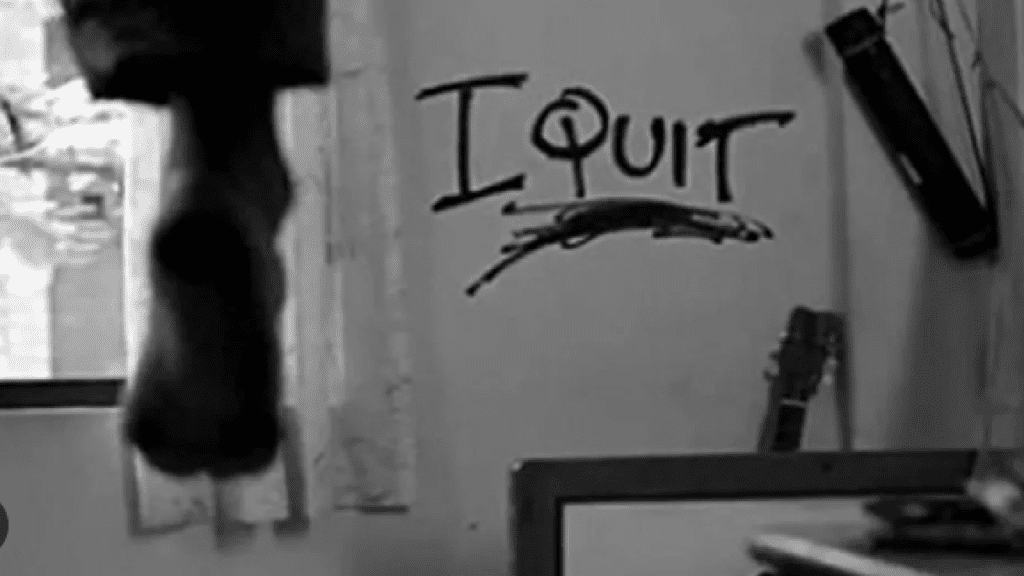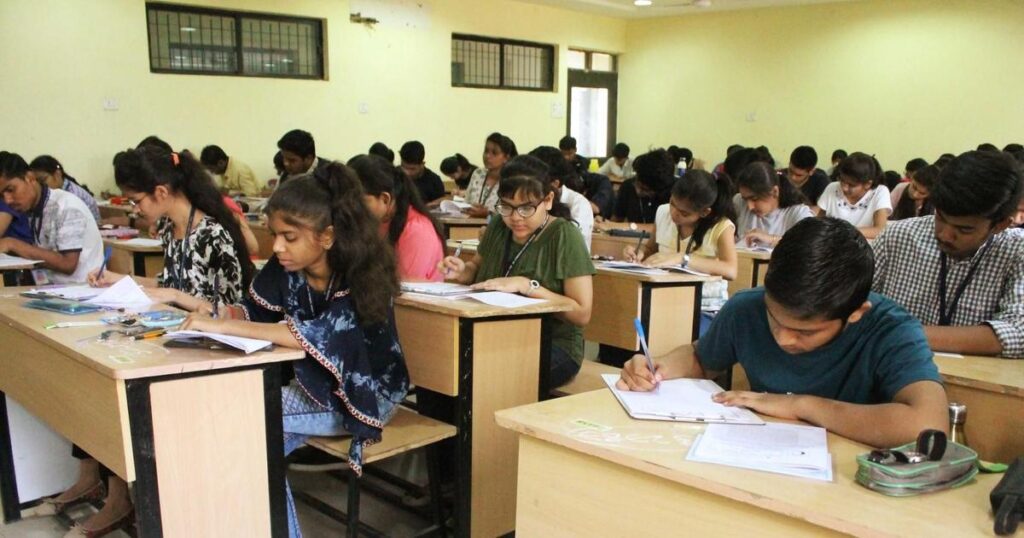Kota – Education Hub or Suicidal cell ?
The term “suicidal cell” may be a dramatic characterization, but it highlights the grave challenges faced by students in this city.

Kota, a city located in the state of Rajasthan, India, is often associated with a high incidence of student suicides, particularly among those preparing for competitive entrance exams for prestigious engineering and medical colleges. There are several reasons why Kota has earned a reputation for being a place where students face immense pressure and stress, which can contribute to mental health issues and, in some cases, suicide. It’s important to note that calling Kota a “suicidal cell” is a dramatic characterization, but it does reflect the serious challenges that students in the city often face. Some of the key factors contributing to this reputation include:

- Intense Competition: Kota is home to numerous coaching institutes that prepare students for exams like the IIT-JEE (Indian Institutes of Technology Joint Entrance Examination) and NEET (National Eligibility cum Entrance Test). The competition for limited seats in these prestigious institutions is extremely high, leading to immense pressure on students to perform well.
- Academic Pressure: Students in Kota often have a rigorous study schedule, with long hours of classes, assignments, and tests. The relentless pursuit of academic excellence can lead to stress and burnout.
- Parental Expectations: Many students face high expectations from their parents to succeed in these exams. The fear of disappointing their families can add to the emotional burden.
- Isolation: Kota is often a distant city for many students who come from different parts of India. Being away from their families and support systems can lead to feelings of isolation and loneliness.
- Lack of Recreational Activities: The heavy study schedule often leaves little time for recreational activities and relaxation, further increasing stress levels.
- Limited Coping Mechanisms: Some students may not have developed effective coping mechanisms to handle stress, leading to mental health issues.

- Peer Pressure: The presence of a large number of highly motivated peers can create an environment of intense competition and comparison, which can negatively impact students’ mental well-being.
- Financial Pressure: Preparing for these exams can be financially burdensome for many families, adding an additional layer of stress.
Efforts have been made to address these issues in Kota, including awareness campaigns, counseling services, and measures to reduce the competitive pressure on students. However, the reputation persists due to the historical challenges associated with preparing for these competitive exams in the city.
It’s essential to acknowledge the importance of mental health support and a balanced approach to education, as excessive pressure and stress can have serious consequences for students’ well-being.
The term “suicidal cell” may be a dramatic characterization, but it highlights the grave challenges faced by students in this city. Recognizing and addressing these issues is of paramount importance. As a society, we must prioritize the mental well-being of our youth and strive to create an educational environment that fosters growth, resilience, and holistic development, rather than just exam scores.








